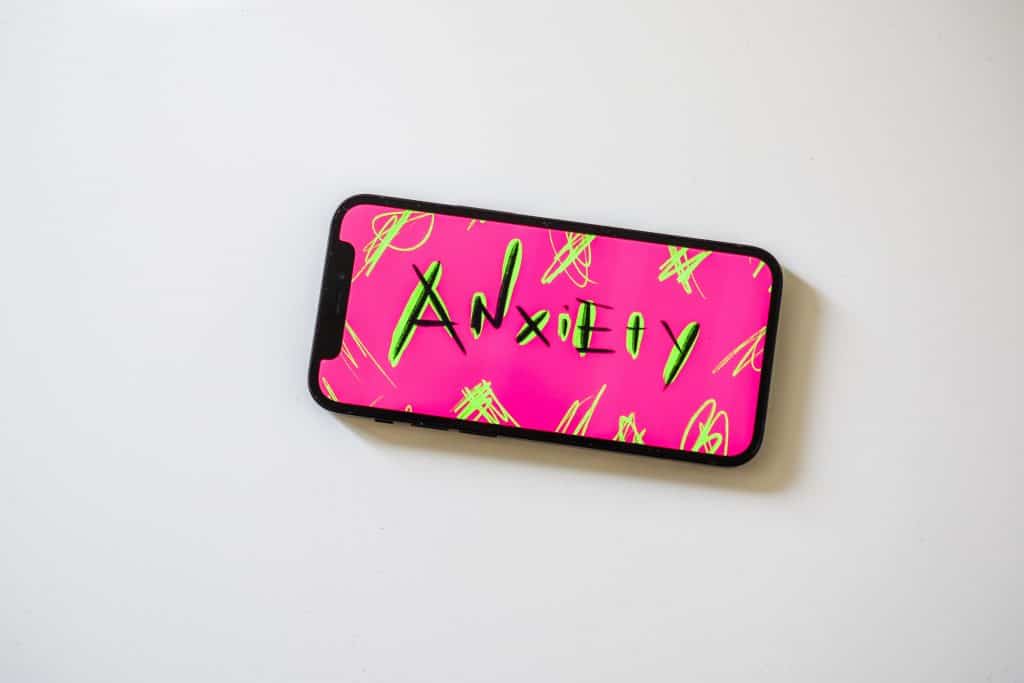There are many different triggers and causes of panic attacks. Some people may be triggered by a specific phobia, like a fear of heights or closed spaces. Others may be triggered by a stressful or traumatic event. Still, others may have no apparent trigger at all.
Panic attacks can be extremely frightening and debilitating, but understanding their causes can help you to better manage them.
Passiveness And Low Self Esteem
Passiveness is often considered a positive trait. Especially concerning politeness, shyness, and
respectfulness. However, increasing research suggests that passiveness may be caused by fear, low self-esteem, or other factors.
While there is nothing wrong with being polite or shy, passiveness can prevent you from asserting yourself in situations where you need to be heard. If you frequently hold back from speaking up or taking action, it may be time to examine why you’re doing so. There are many reasons why someone may be passive. Fear is common, especially if you’ve been taught that it’s not polite to speak up or assert yourself.

Self-esteem is a person’s overall opinion of themselves. People with low self-esteem may feel unlovable,
awkward, or incompetent. They may believe they are not as good as others and may compare themselves
unfavorably. This can lead to feelings of sadness, anxiety, or depression. Low self-esteem can be caused by
several factors, including unsupportive or critical parents, bullying, or traumatic experiences. It can also
result from comparing oneself to others in real life or on social media. There are lots of ways to overcome low self-esteem. These include therapy, positive self-talk, and building positive relationships.
Low self-esteem can be a major problem for many people. Low self-esteem can lead to a lack of confidence, depression, and other issues. With the right help, you can overcome this problem and start living a happier, more fulfilling life. If you have low self-esteem, it’s important to seek help from a professional.
Hyperventilation Syndrome
Hyperventilation syndrome is a condition in which a person breathes in and out rapidly and deeply. This can cause some symptoms, including dizziness, light-headedness, and tingling in the extremities. In the most severe cases, it can lead to fainting and even seizures. Hyperventilation syndrome can be triggered by many things, including anxiety and panic disorders. However, it can also be brought on by physical exertion, such as during strenuous exercise. Sometimes, a medical condition may be the cause, such as an overactive thyroid. While hyperventilation syndrome is not usually life-threatening, it can be frightening and uncomfortable.
Mouth breathing and over-breathing can result in a condition known as hypocapnia, which refers to a
lower-than-normal level of carbon dioxide in the blood. This can cause symptoms such as dizziness,
lightheadedness, and rapid heartbeat, which can, in turn, trigger panic attacks.
Benzodiazepines And Panic Attacks
Benzodiazepines are a class of drugs commonly prescribed to treat the symptoms of panic attacks. These drugs work by depressing the central nervous system, which has a calming effect. Usually, the patient will find relief within 30 minutes. But benzodiazepines are highly addictive and have a rebound effect, which means that withdrawing from them can trigger a panic attack.
Medications And Panic Attacks
Certain drugs have been linked to causing panic attacks in some patients. These include fluoroquinolone-type antibiotics and Ritalin (methylphenidate). The attacks may be temporary, usually occurring when a patient begins medication. Still, they may continue occurring even if the patient is already used to the drug.
Suppose you are taking any of these drugs and experience panic attacks. Some people may only experience a few panic attacks while taking these medications. In contrast, others may have frequent or even constant attacks. In that case, it is important to talk to your doctor about your options. Sometimes, switching to a different medication may be the best solution.
Serotonin is a neurotransmitter that helps to regulate and normalize emotions. Selective Serotonin Reuptake Inhibitors, or SSRIs, work by increasing the level of serotonin in the brain. However, the intake of SSRIs can increase anxiety when using them. Panic attacks may even be more frequent in patients who wean on and off the medications.
Biological causes Of Panic Attacks
While panic attacks can be caused by a number of disorders and deficiencies, some of the most common include post-traumatic stress disorder, obsessive-compulsive disorder, Wilson’s disease, pheochromocytoma, hypoglycemia, and mitral valve prolapse. In addition, inner ear disturbances (labyrinthitis) can lead to panic attacks. Vitamin B deficiency is another potential cause of panic attacks. It can result from periodic depletion due to parasitic infection (tapeworms, for example). Suppose you believe that you may be afflicted with any of these conditions. In that case, it is of the utmost importance that you consult with a doctor or mental health professional as soon as possible to receive the help you need.
Heredity And Panic Disorder
The likelihood of a child experiencing panic attacks is increased if one or both of their parents have panic
disorder, demonstrating the strong link between panic disorder and genetics. This indicates that inheritance plays a vital role in determining who gets it. However, people with no family history can still develop panic disorder.
Environment Factors And Upbringing Affect Panic Disorders
People who grew up highly cautious about their life and actions or lived in a very stressful environment may be more likely to experience panic attacks. Different traumatic experiences from the past can also contribute to the development of the panic disorder. This may be due to heightened stress levels and past traumatic experiences.
Short-term Triggering Causes Of Panic Attacks
Significant changes in lifestyle, emotional trauma from failed relationships, and life transitions can trigger
panic attacks. Stimulants such as nicotine, caffeine and drugs like psilocybin, marijuana, and other
medications can also contribute to panic attacks.
While panic attacks can be alarming and may even feel life-threatening, they are usually harmless. However, suppose you find that you are experiencing panic attacks more frequently or that they are interfering with your daily life. In that case, speaking to a mental health professional is important.
There are many potential triggers and causes of panic attacks. Some people may only need one trigger to have an episode of panic attacks, while others may require several triggers. Exposure to any of these triggers does not automatically result in a panic attack.
Potential triggers and causes of panic attacks include:
- Stressful life events, such as a death in the family, divorce, or job loss
- Traumatic experiences, such as a car accident or military combat
- Physical health problems, such as a heart condition or thyroid disorder
- Mental health conditions, like anxiety or depression
- Substance abuse, including alcohol or drug use
- Side effects of certain medications

Some panic attack symptoms may also indicate another underlying medical condition. As such, it is important to consult with a medical professional to determine the root cause of your symptoms and develop an appropriate treatment plan.
Conclusion
Some Common Triggers And Causes Of Panic Attacks
Many factors can contribute to the development of panic attacks, including environment and upbringing. Some people may be more susceptible to panic attacks due to genetic factors. In contrast, others may develop them in response to stressful life events.
Panic attacks usually begin in adulthood, although they can sometimes occur in childhood or adolescence. More common in women than men, they tend to run in families. Panic disorder is often associated with other mental health conditions, such as agoraphobia, depression, and anxiety disorders.
Treatment for panic disorder typically includes cognitive-behavioral therapy, medication, or a combination of the two. People with panic disorder often benefit from learning how to manage their anxiety and identify their triggers.